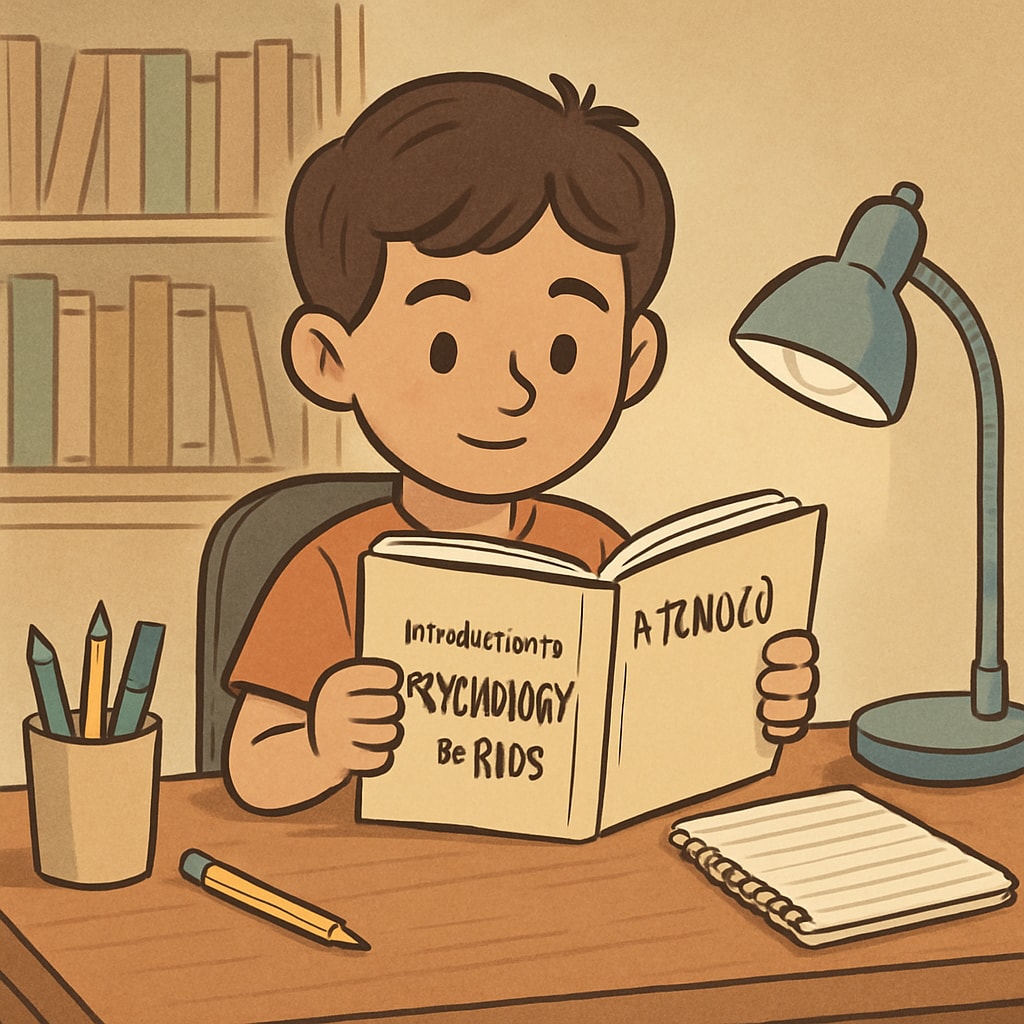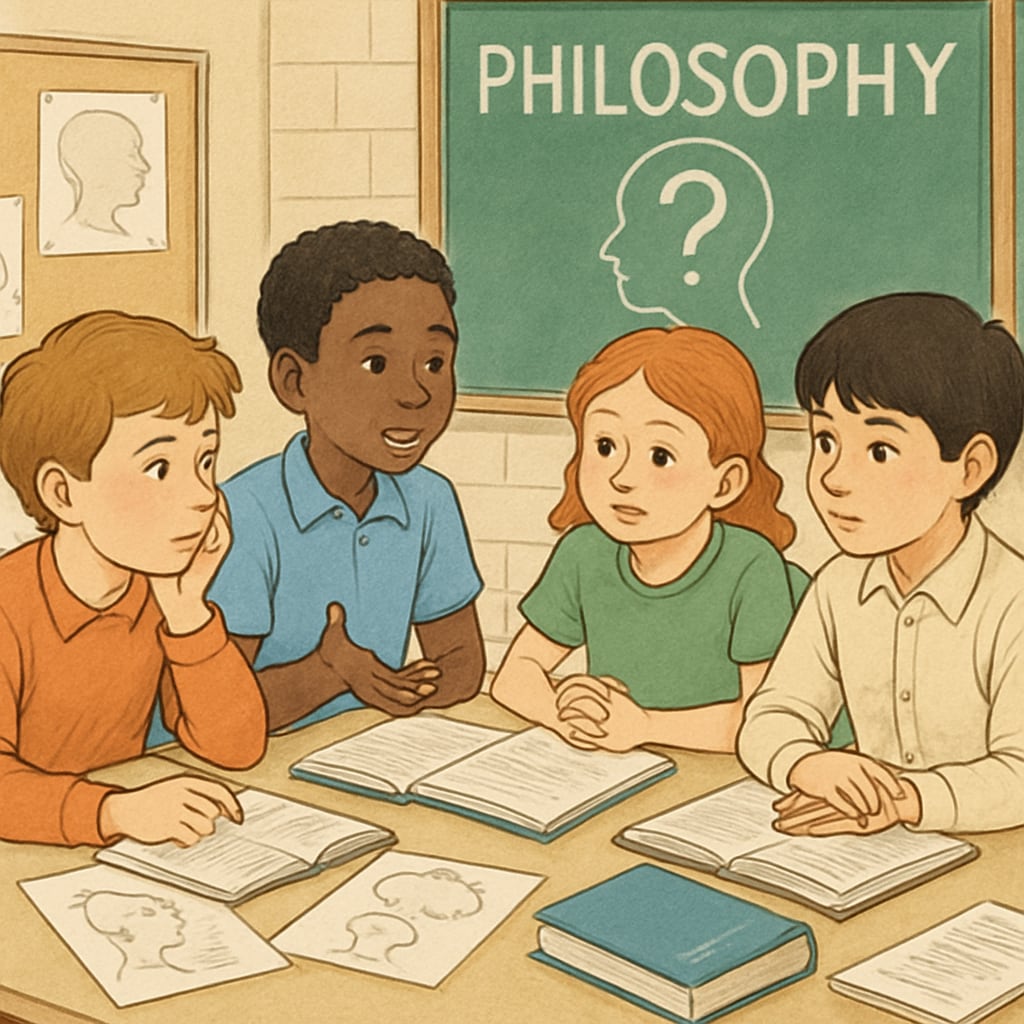Psychology and philosophy are powerful fields that can greatly enhance critical thinking and self-awareness in young students. For K12 learners, engaging in these subjects through non-academic methods can make the journey both accessible and enjoyable. This article explores effective ways to introduce psychology and philosophy to children, offering practical self-learning resources and actionable guidance.

Why Introduce Psychology and Philosophy Early?
Psychology focuses on understanding human behavior, emotions, and mental processes, while philosophy encourages questioning the nature of reality, ethics, and existence. For K12 students, these subjects can foster personal growth and help develop critical thinking skills necessary for navigating life. Early exposure to such topics encourages curiosity and empathy, empowering children to think deeply about themselves and the world around them.
Additionally, learning psychology and philosophy in a non-academic setting allows students to explore these ideas in a relaxed and engaging way. This approach reduces the pressure of formal education while still providing meaningful knowledge.
Top Non-Academic Resources for Learning Psychology
Non-academic resources for psychology are diverse, ranging from books to interactive tools. Below are some practical recommendations for K12 students:
- Books: “Psychology for Kids” by Jacqueline B. Toner and “The Psychology Book” (DK Publishing) are excellent beginner-friendly texts.
- Apps: Apps like “Smiling Mind” offer mindfulness exercises that introduce psychological concepts in a fun and interactive way.
- Videos: Platforms like YouTube host channels such as “CrashCourse Psychology,” which provide engaging lessons tailored for young learners.
- Games: Interactive games like “Emotionary,” which teaches children about emotions and empathy, can be a playful way to learn.
These tools make psychological concepts relatable and digestible for young audiences.
Best Philosophy Resources for Young Minds
Philosophy can often seem abstract, but there are many resources designed specifically to make it approachable for children:
- Books: “Big Ideas for Little Philosophers” by Duane Armitage and “Sophie’s World” by Jostein Gaarder introduce philosophical concepts through storytelling.
- Podcasts: Podcasts like “Philosophy Bites” simplify complex philosophical ideas into short discussions, making them accessible to younger audiences.
- Interactive Activities: Websites like The Philosophy Foundation offer engaging activities and thought experiments for students.
- Cartoons: Animated series such as “Philosophy Tube” on YouTube use visual storytelling to explain philosophical ideas in a fun way.
These resources encourage children to explore questions about life, ethics, and knowledge without feeling overwhelmed by complexity.

Practical Tips for Guiding K12 Students
When introducing psychology and philosophy to students, consider the following tips:
- Start Small: Begin with light reading or short videos to avoid overwhelming them.
- Encourage Discussion: Create a safe space for students to share thoughts and ask questions.
- Make It Relatable: Connect lessons to real-life situations or their personal experiences.
- Use Creative Methods: Employ storytelling, games, and art to make abstract concepts more tangible.
By incorporating these approaches, educators and parents can nurture a love for learning these subjects while helping students build valuable life skills.
Conclusion: Psychology and philosophy offer K12 students unique opportunities for self-discovery and intellectual growth. With the right non-academic resources, young learners can explore these subjects in an engaging and meaningful way. By guiding them to think critically and reflect deeply, educators and parents can help shape thoughtful, empathetic individuals who are well-prepared for life’s challenges.


